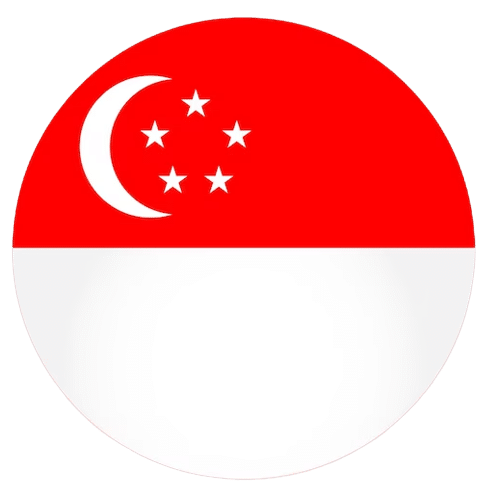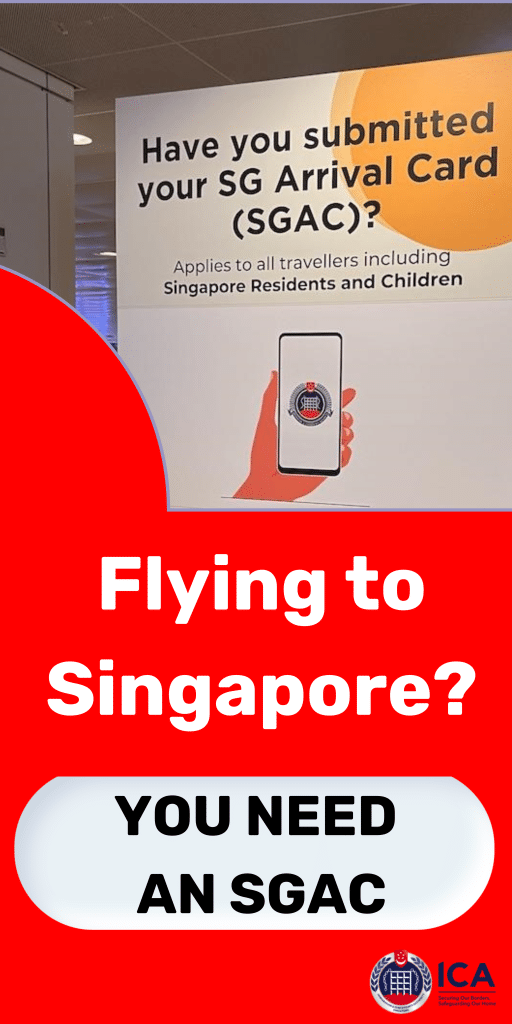Singapore has a reputation for having some unusual, even quirky laws that visitors may find surprising. Some of these lesser-known rules have become the stuff of urban legend and taken on lives of their own.
In this blog post, we’ll explore some of Singapore’s laws around topics like public behavior, food, and the environment that strike visitors as a bit unconventional.
We’ll separate fact from fiction and provide context around these regulations. While Singapore has strict laws, most exist to maintain public order and have rational origins.
Public Behavior Laws
Some of Singapore’s laws relate to public behavior and cleanliness:
No Durian Allowed on Public Transport
- FACT: Singapore banned consuming notoriously smelly durian fruit in mass transit areas. Offenders can be fined up to $500.
- Reasoning: The pungent durian smell provoked hundreds of complaints annually from riders. The ban helps keep public transit pleasant.
No Chewing Gum Sale/Import
- FACT: Gum import and sale is banned aside from therapeutic gum with doctors’ prescriptions.
- Reasoning: The ban cut down on discarded gum littering public spaces and transit systems.
No Walking Around House Naked
- FICTION: No actual law prohibits nude activity in private residences.
- Reality: Public nudity is banned, but what you do in your own home is not illegal.
No Forgetting to Flush Public Toilets
- FACT: Flushing public toilets is required by law, with $150 fines for offenders.
- Reasoning: Maintaining strict public hygiene standards helps public health.
Food and Dining Laws
Dining culture is also regulated in some unique ways:
Ban on Eating/Drinking on Public Transit
- FACT: Consuming food or drinks on MRT trains and buses is prohibited.
- Reasoning: Keeping transit clean and promoting social graces. Fines up to $500.
No Outdoor Drinking After 10:30pm
- FACT: Drinking alcohol in public spaces after 10:30pm is banned.
- Reasoning: Law aims to discourage late night public drunkenness.
Cooking Ban in Private Apartments
- FICTION: No law prohibits cooking or consuming own food in apartments.
- Reality: Some leases ban cooking for fire safety, but no general legal cooking ban exists.
2AM Curfew on Restaurant Alcohol Service
- FACT: It’s illegal for bars and restaurants to serve alcohol after 2AM.
- Reasoning: Discourages late night drunkenness and associated social issues.
Environmental Laws
Singapore also has strict environmental laws:
Ban on Importing Chewing Gum
- FACT: Bringing gum into Singapore is banned, outside small duty-free allowances.
- Reasoning: Prevents discarded gum from littering public spaces.
No Feeding Wild Monkeys
- FACT: Illegal to feed long-tailed macaque monkeys, up to $1,000 fine.
- Reasoning: Feeding monkeys disrupts natural behavior and can encourage aggression.
Air Conditioning Bans
- FICTION: No laws actually prohibit using air conditioning below set temperatures.
- Reality: Government guidelines encourage responsible AC usage for sustainability.
Flushing Toilet Paper Illegal
- FICTION: Flushing toilet paper is completely legal in Singapore plumbing systems.
- Reality: This common myth has no basis in any actual law.
Conclusion
While Singapore does have some unconventional laws that visitors may consider unusual, most serve purposes like public hygiene, order and sustainability. The laws are based on pragmatic considerations even if seeming a bit strict at first glance.
When encountering a supposedly strange Singaporean law, it pays to research if it is indeed real and the reasoning behind it. Clear communication of the law’s intent helps foster greater cultural understanding.
With knowledge and respect, visitors can appreciate Singapore’s tidy, orderly society achieved partly through laws discouraging antisocial behaviors. While providing great personal freedoms, Singaporeans also care deeply about societal well-being and shared civic duties.
So next time you hear about an odd-sounding Singapore law, investigate the facts behind the myth! The context and history behind it likely explain the unique regulation.

Goh Jun Cheng is the chief staff writer for SingaporeAirport.com. Jun Cheng graduated with a degree in journalism from Nanyang Technological University in Singapore.
He has over 5 years of experience writing about aviation, tourism, and lifestyle topics relevant to locals and visitors in Singapore. His articles provide insights into the rich culture, cuisine, and attractions of Singapore. Jun Cheng is an avid traveler who has visited over 15 countries.
When he is not writing or traveling, he enjoys photography, trying new foods, and hiking. As a longtime Singapore resident, Jun Cheng is passionate about sharing hidden gems and perspectives about his home country.




